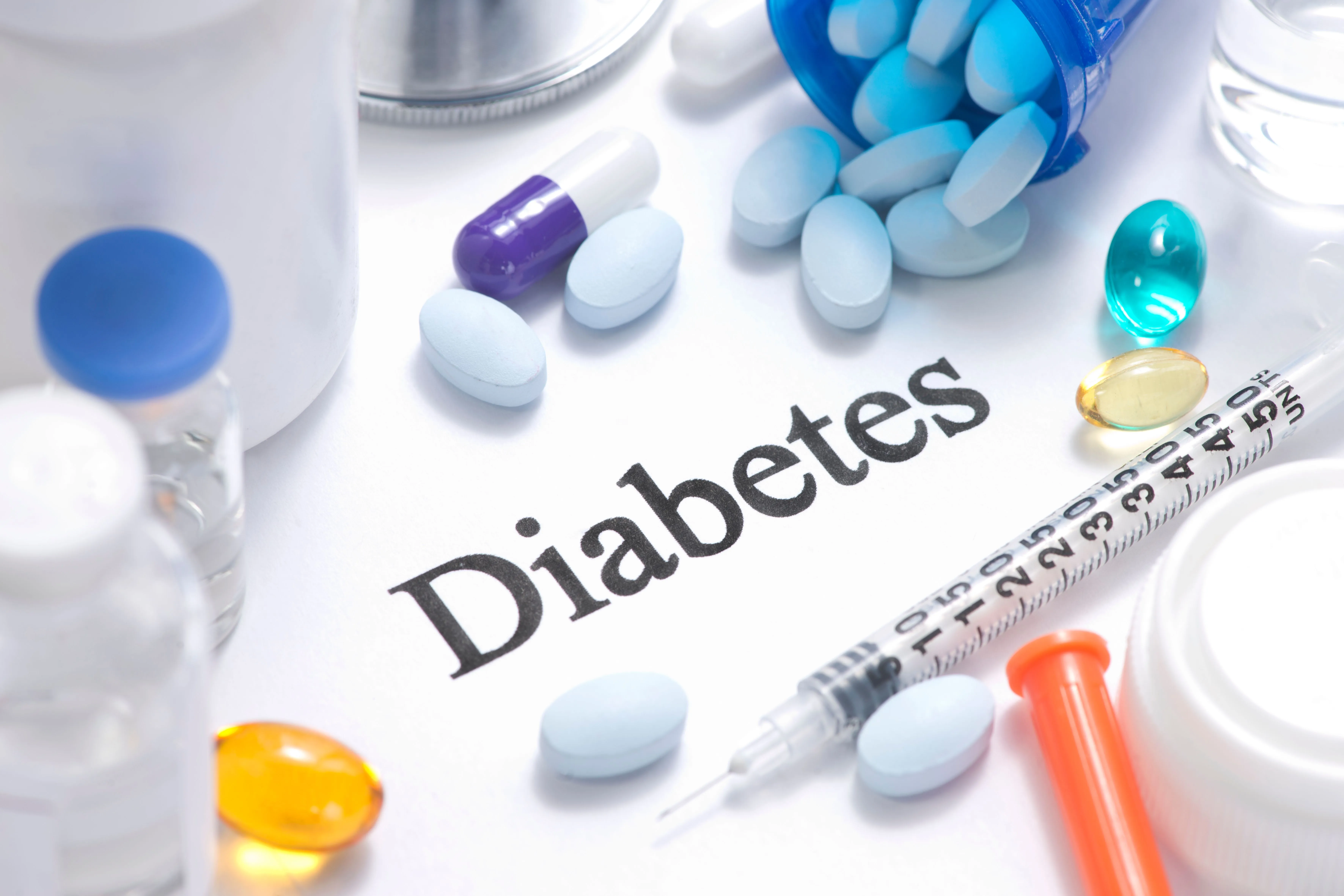Understanding the 2024 Diabetes and Obesity Health Economy

Exploring the Current Landscape of the Health Economy
The US health care system stands as one of the costliest globally, propelled by multiple funding sources including the federal government and employers. National health spending surged from $2.8 trillion in 2012 to $4.5 trillion by 2022, with estimates forecasting a rise to $7.7 trillion by 2032, according to Trilliant Health's projections.
Key Trends Influencing Diabetes and Obesity
- US Health Care Inefficiencies: The system struggles to effectively promote health amid its high costs.
- Declining Health Conditions: Patterns indicate that national health is likely to worsen without significant intervention.
- Government Innovation Challenges: Current regulatory efforts have failed to yield the expected improvements in value.
- The Unpredictable Impact of Technology: Advancements in healthcare technology remain inconsistent in delivering benefits.
- Resource Shortages: These shortages contribute to less favorable health care outcomes.
- Consumer Cost Shifting: Fragmentation of care has not equated to better value for consumers.
- Value-driven Care: There's an increasing expectation from employers for clearer value in health expenditure.
Diabetes and Obesity – A Growing Concern
As of 2022, approximately 8.4% of American adults were diagnosed with diabetes, revealing a worrying trend emphasized by rising obesity rates across various regions. The average intake of ultraprocessed foods has led to rising obesity levels, raising pressing health concerns that require targeted public health strategies.
Medications for Diabetes Management
Diabetes medication usage has shifted significantly, with glucagon-like peptide-1 receptor agonists emerging as a preferred treatment option, prompting new discussions regarding the balance between clinical benefits and costs.
Disclaimer: The information provided on this site is for informational purposes only and is not intended as medical advice. We are not responsible for any actions taken based on the content of this site. Always consult a qualified healthcare provider for medical advice, diagnosis, and treatment. We source our news from reputable sources and provide links to the original articles. We do not endorse or assume responsibility for the accuracy of the information contained in external sources.
This article was prepared using information from open sources in accordance with the principles of Ethical Policy. The editorial team is not responsible for absolute accuracy, as it relies on data from the sources referenced.